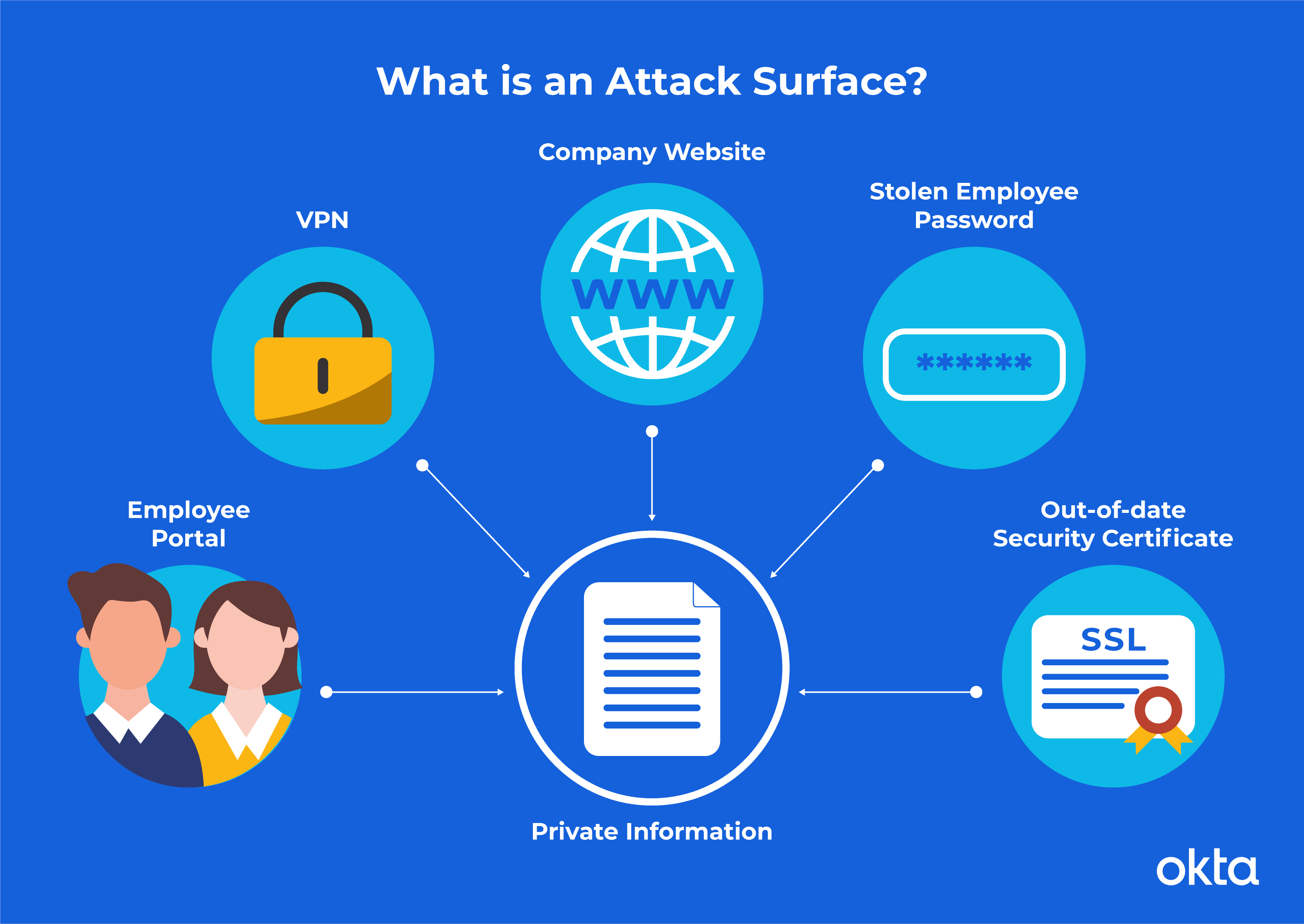UK Retailers Under Siege: The £440M Cyber Attacks on M&S, Co-op, and Harrods

UK Retailers Under Siege: The £440M Cyber Attacks on M&S, Co-op, and Harrods
In early 2025, a wave of cyberattacks struck the UK retail industry, leaving major players like Marks & Spencer (M&S), Co-op, and Harrods reeling. These incidents not only disrupted operations but also raised serious questions about the cybersecurity preparedness of large organizations. Recently, four individuals were arrested in connection with these attacks, bringing a glimmer of hope for justice and a renewed focus on preventative measures.

What is an Attack Surface? (And How to Reduce It) | Okta
The Cyber Attacks: A Timeline of Disruption
The attacks unfolded rapidly, starting in April 2025. Marks & Spencer was the first to be targeted, suffering a sophisticated social engineering attack. Attackers tricked IT personnel into resetting internal passwords, gaining a foothold within M&S's systems. This breach forced the closure of their online store for nearly seven weeks, causing significant financial losses and reputational damage.
Co-op followed soon after, with attackers forcing the shutdown of parts of their IT system. While the exact nature of the attack on Co-op remains somewhat unclear, the disruption was substantial. Harrods was also impacted, although details of the specific attack vector are less readily available.
The Arrests: Justice on the Horizon?
In July 2025, the UK's National Crime Agency (NCA) announced the arrest of four individuals in connection with the cyberattacks. A 20-year-old woman was arrested in Staffordshire, and three males, aged between 17 and 19, were detained in London and the West Midlands. These arrests mark a significant step in holding perpetrators accountable and deterring future attacks.
Impact and Implications
The cyberattacks had a wide-ranging impact on the affected retailers:
- Financial Losses: The disruption to online sales and in-store operations resulted in substantial financial losses for M&S, Co-op and Harrods.
- Reputational Damage: These attacks eroded customer trust and confidence in the retailers' ability to protect their data.
- Operational Disruption: The closure of online stores and the shutdown of IT systems caused significant operational challenges.
- Increased Security Costs: The retailers have had to invest heavily in enhanced cybersecurity measures to prevent future attacks.
What’s Next?
These cyberattacks serve as a stark reminder of the ever-present threat landscape facing businesses today. Retailers and other organizations must prioritize cybersecurity and invest in robust defenses to protect themselves from increasingly sophisticated attacks. Key steps include:
- Employee Training: Educate employees about social engineering tactics and other common attack vectors.
- Strong Authentication: Implement multi-factor authentication to prevent unauthorized access to systems.
- Regular Security Audits: Conduct regular security audits to identify and address vulnerabilities.
- Incident Response Plan: Develop a comprehensive incident response plan to effectively manage and mitigate cyberattacks.
- Threat Intelligence: Stay informed about the latest threats and vulnerabilities.




